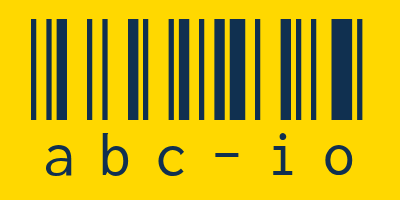
- Salesforce has replaced thousands of workers with agentic AI
- CEO Marc Benioff said he “need[s] less heads” to clear a backlog
- Humans still bring valuable creativity, but AI adds efficiency
Salesforce CEO Marc Benioff has revealed the company has nearly halved its customer support workforce, replacing thousands of jobs with AI agents.
In a podcast interview with Logan Bartlett on YouTube, Benioff brutally stated: “I need less heads,” noting how instead of using human power, Salesforce is now using AI to process around 10,000 leads weekly.
Yet in the same interview, Benioff noted a lack of human resources had caused the company to accrue a backlog of 100 million uncalled leads over 26 years.
Salesforce slashes customer service headcount
The 45% drop from 9,000 to 5,000 comes as the company’s own AI platform, Agentforce, now handles around half of all customer conversations (around 1.5 million interactions) – some human workers remain to handle the rest.
The remaining workers aren’t free of AI, either – they’ll be working under what Benioff calls an “omni channel supervisor who is kind of helping those agents and those humans work together.”
It seems that customer satisfaction scores from AI and human interactions have remained about the same, which could spell out a troubling future for human customer service workers.
Benioff framed AI tools as a way to address labor shortages as well as its cost-cutting benefits – it now handles around 30-50% of work in some areas, like support.
Looking ahead, the CEO (who previously stated that today’s generation of CEOs is the last to only manage human workers) believes that every company is now on a path to become an agentic enterprise.
Despite his preference for replacing human workers with AI, Benioff still criticized companies for not hiring fresh grads, slating them for missing an opportunity. Young talent who embrace agentic AI are among the most likely to succeed.
Clearly, then, it’s about striking the right balance of productivity, with Benioff himself acknowledging both the uniqueness and creativity of humans, and the need for AI guardrails.











Add Comment